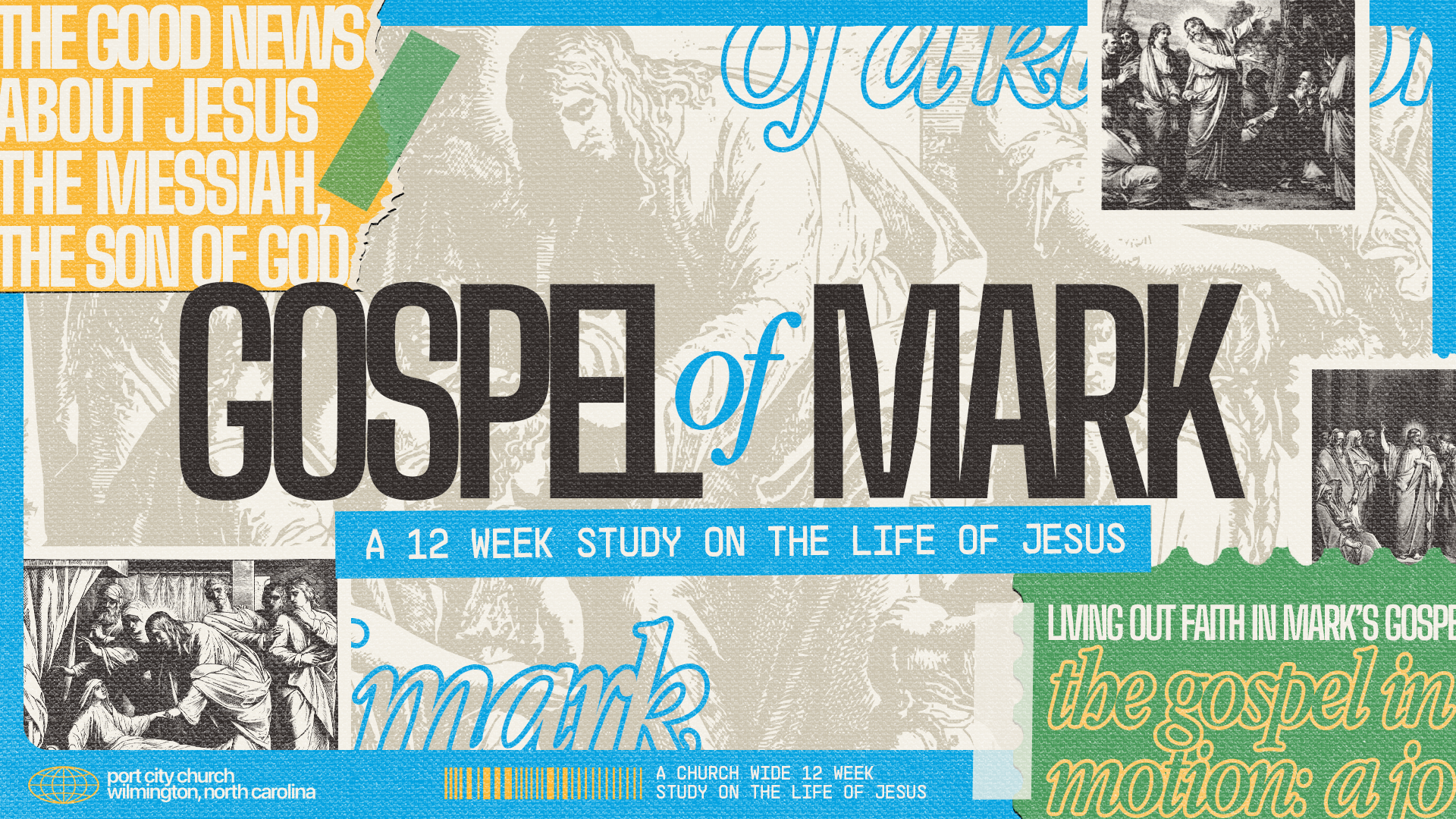A Borrowed Donkey
READ
Today we witness the most contradictory grand entrance: a king arrives to claim his throne, but instead of a golden chariot, he's chosen a borrowed donkey. Instead of royal heralds, he's surrounded by ordinary peasants waving tree branches. Instead of a red carpet, people are throwing their dusty cloaks on the ground. This is the scene that unfolds as Jesus enters Jerusalem, and every detail pulses with purpose and irony.
Let’s take a moment to read Mark 11:1-11:
As they approached Jerusalem and came to Bethphage and Bethany at the Mount of Olives, Jesus sent two of his disciples, saying to them, “Go to the village ahead of you, and just as you enter it, you will find a colt tied there, which no one has ever ridden. Untie it and bring it here. If anyone asks you, ‘Why are you doing this?’ say, ‘The Lord needs it and will send it back here shortly.’”
They went and found a colt outside in the street, tied at a doorway. As they untied it, some people standing there asked, “What are you doing, untying that colt?” They answered as Jesus had told them to, and the people let them go. When they brought the colt to Jesus and threw their cloaks over it, he sat on it. Many people spread their cloaks on the road, while others spread branches they had cut in the fields. Those who went ahead and those who followed shouted,
“Hosanna! Blessed is he who comes in the name of the Lord! Blessed is the coming kingdom of our father David! Hosanna in the highest heaven!”
Jesus entered Jerusalem and went into the temple courts. He looked around at everything, but since it was already late, he went out to Bethany with the Twelve.
REFLECT
The timing is electric – it's Passover season, and Jerusalem is buzzing with pilgrims and political tension. Everyone is looking for signs of the Messiah, yearning for liberation from Roman rule. Into this powder keg of expectations, Jesus orchestrates what might be history's most paradoxical royal procession. He's making a statement, but not the one the crowd thinks. They're staging a revolution, but Jesus is planning a different kind of overthrow altogether.
The detail and precision of Jesus's instructions about acquiring the colt reveal something fascinating: this is no impromptu parade. Jesus has planned this moment carefully, fulfilling prophecies written centuries before (Zechariah 9:9). He's deliberately staging what scholars call a "prophetic demonstration," using symbolic actions to convey profound truths about His kingdom.
The crowds spread their cloaks on the road – an expensive gesture in a time when most people owned just one or two garments – and wave palm branches, a symbol of Jewish nationalism and victory. Their shouts of "Hosanna!" (which means "save us") and references to "the coming kingdom of our father David" reveal their expectations: they're ready for a political revolution, for someone to overthrow Roman oppression and restore Israel's glory.
But here's where it gets intriguing: Jesus accepts their praise but doesn't correct their misunderstanding. He knows their "Hosannas" will turn to "Crucify him!" in just a few days. Yet He allows this moment of celebration, this glimpse of His true identity as king, even though He knows they don't fully understand what kind of king He is. It's like watching a play where only one actor knows the real plot.
The contrast between the crowd's expectations and Jesus's actions highlights a tension we still wrestle with today. Like those first-century Jews, we often want Jesus to be the kind of king who solves our immediate problems – political, social, or personal. We want Him to overthrow our "Romans," whatever they might be. But Jesus consistently subverts these expectations, showing us that His kingdom operates on entirely different principles.
This passage challenges us to examine our own expectations of Jesus. The crowd wanted a political messiah who would restore their national glory. What kind of messiah are we looking for? A cosmic vending machine? A self-help guru? A political ally? Jesus's choice of a donkey over a warhorse reminds us that His kingdom comes through humility, service, and sacrifice, not through power and force.
The timing is also significant. This was the beginning of Passover week, when Jerusalem's population would swell with pilgrims. Jesus chooses this moment to publicly declare His kingship, but in a way that emphasizes peace over power. It's a masterful demonstration of how God's kingdom often works: fulfilling prophecy and divine purposes while looking nothing like what people expect.
RESPOND
Take a moment to process what God might be leading you to do in light of what you read.
What expectations do you bring to your relationship with Jesus? How do these align or conflict with the kind of king he shows himself to be?
When has Jesus worked in your life in unexpected ways that initially disappointed you but later proved wise?
REST
Take a moment to rest in God’s presence and consider one thing you can take away from your time reading, then close your devotional experience by praying:
King Jesus, forgive me for the times I've tried to shape you into the kind of king I want rather than accepting the king you are. Help me to embrace your way of humility and peace, even when it challenges my expectations. Thank you for being a king who rides on a donkey and wears a crown of thorns for my sake. Amen.

